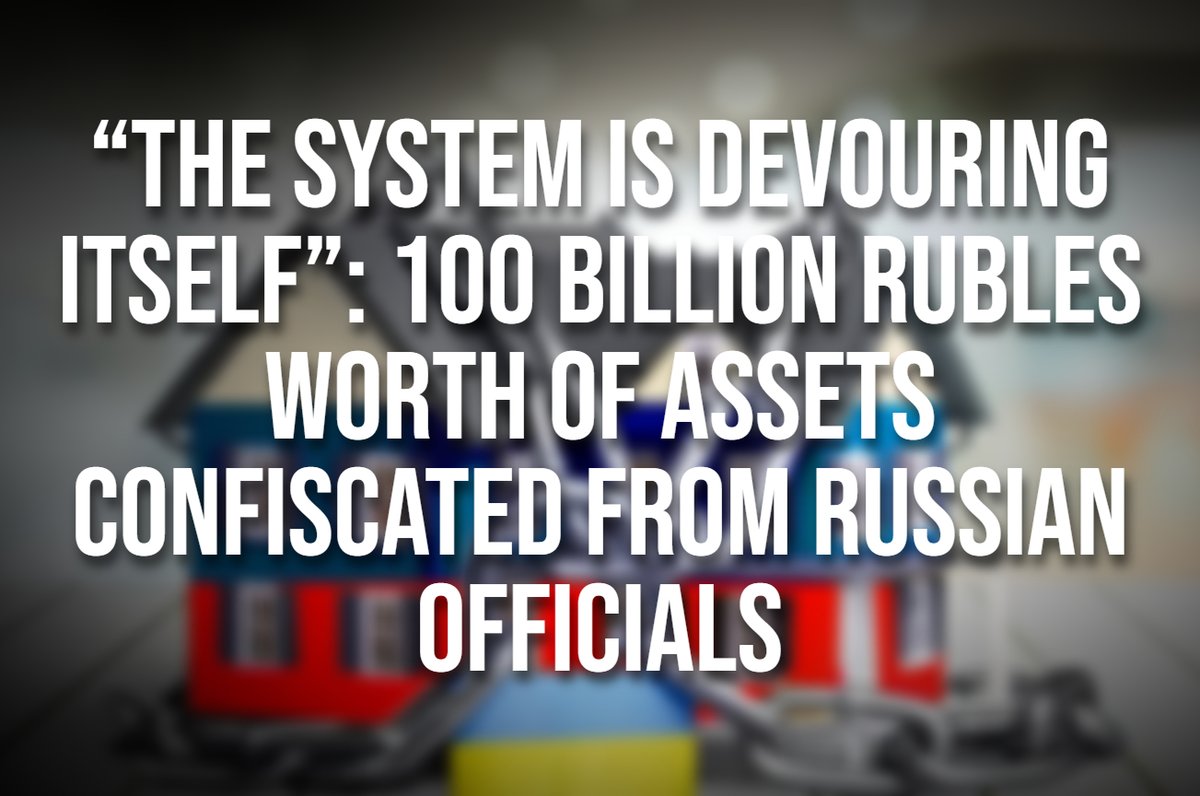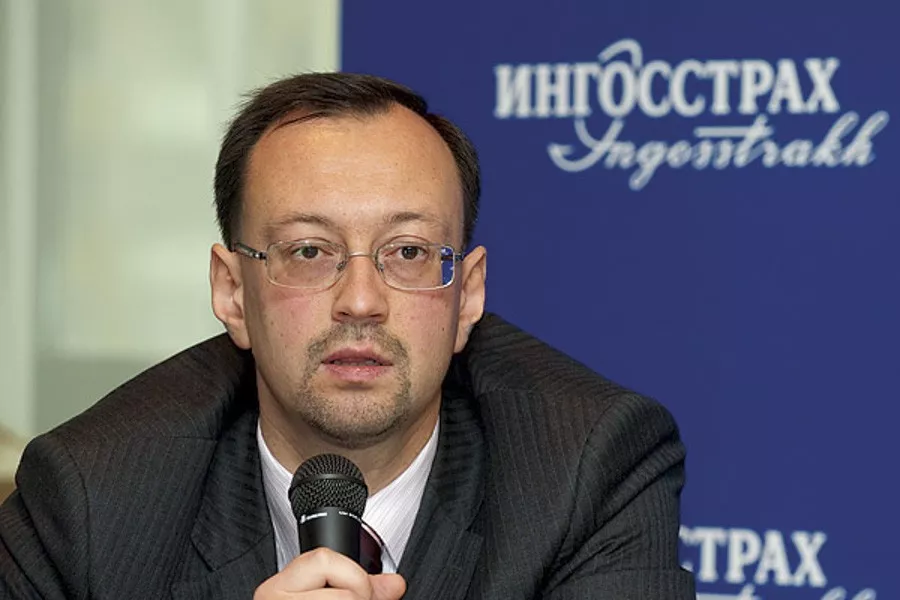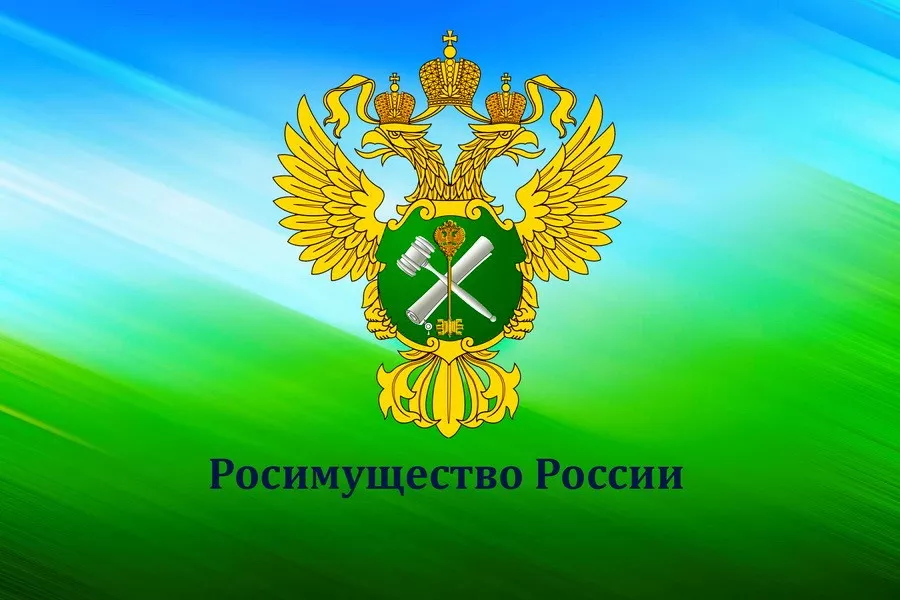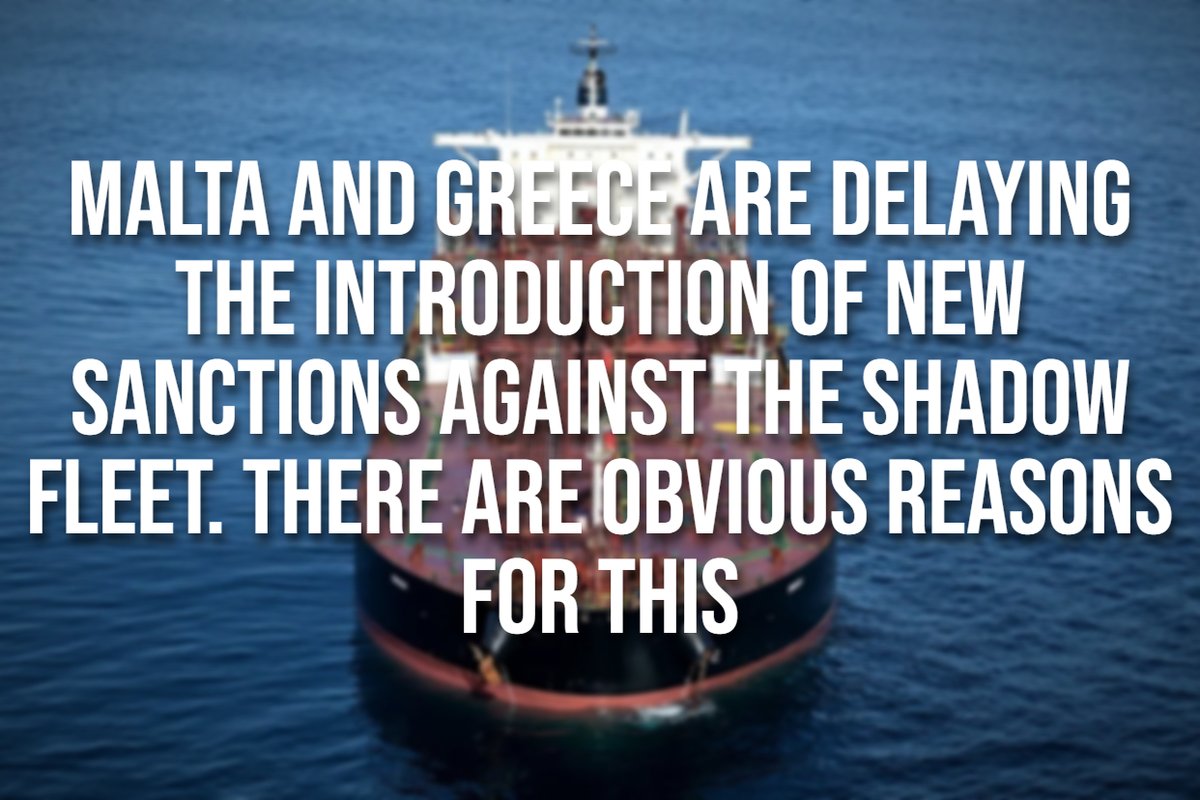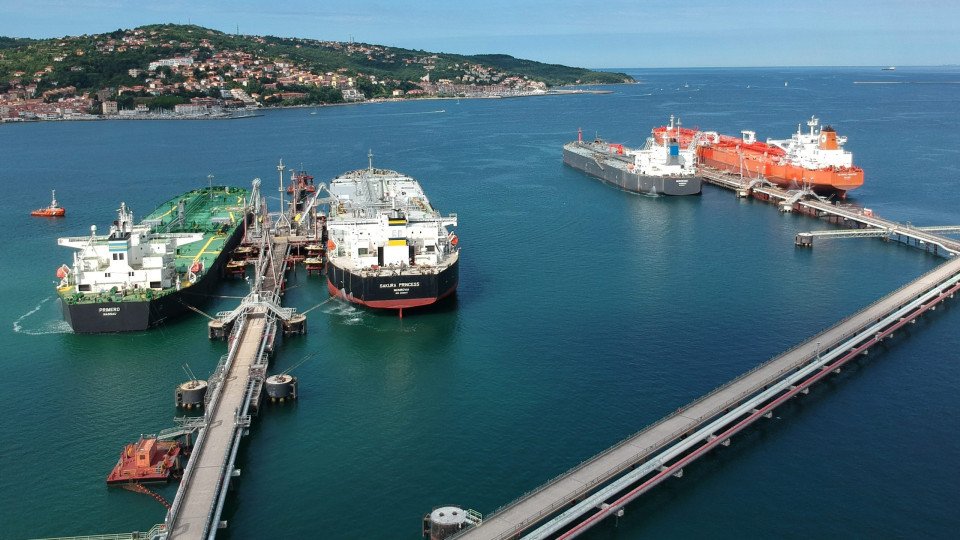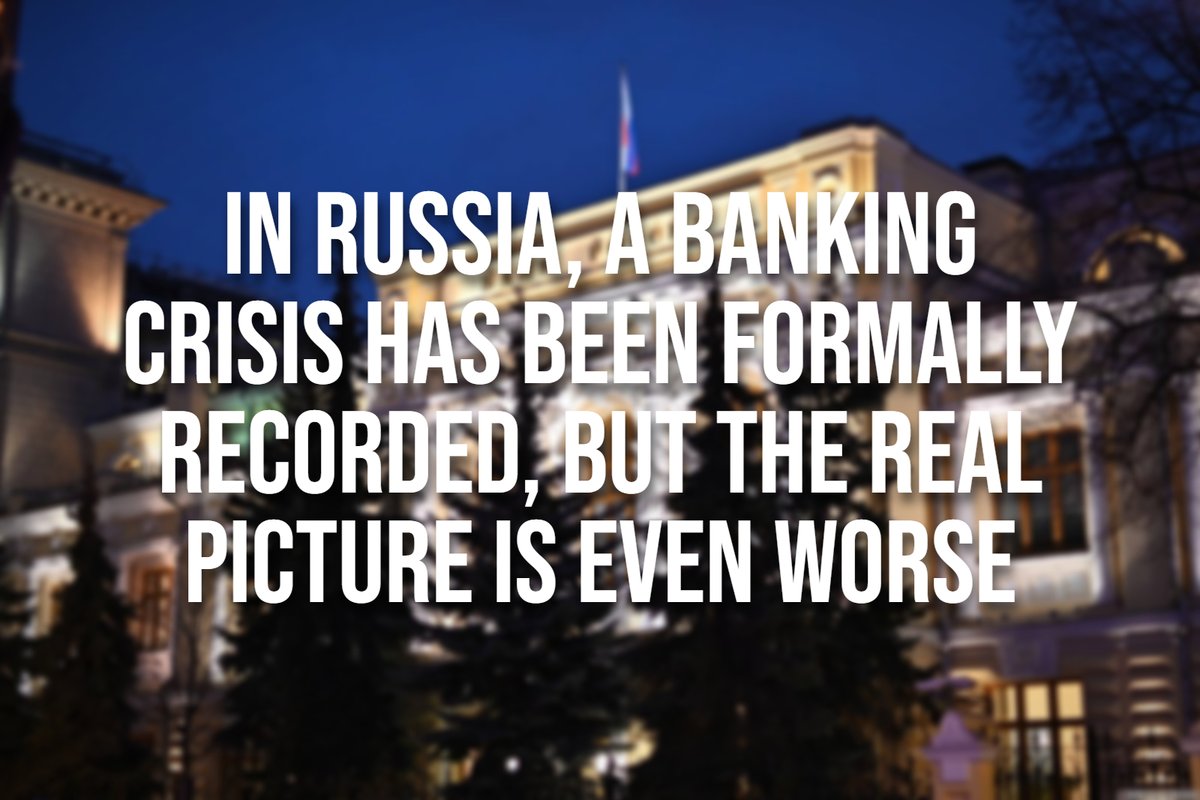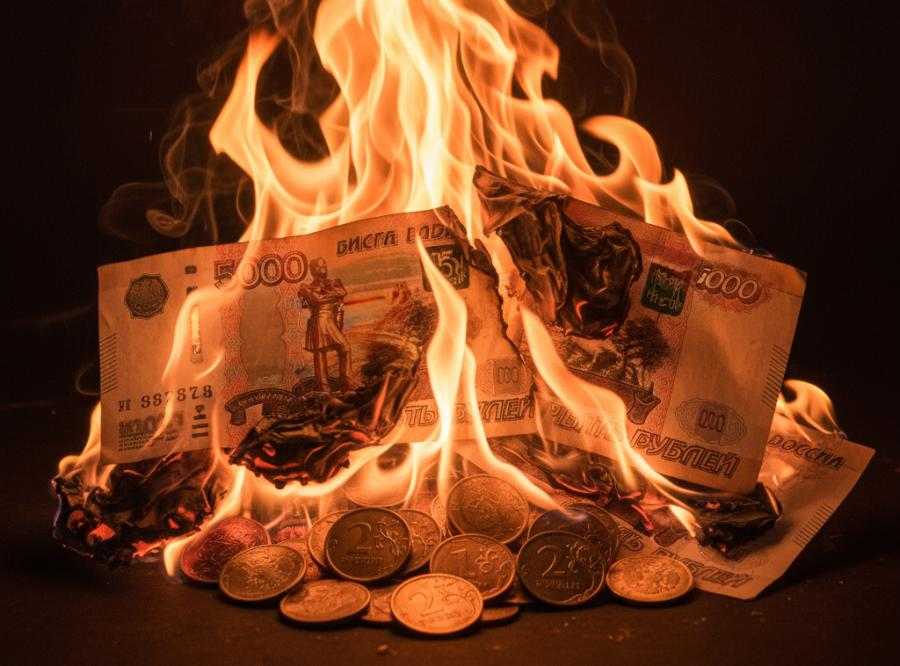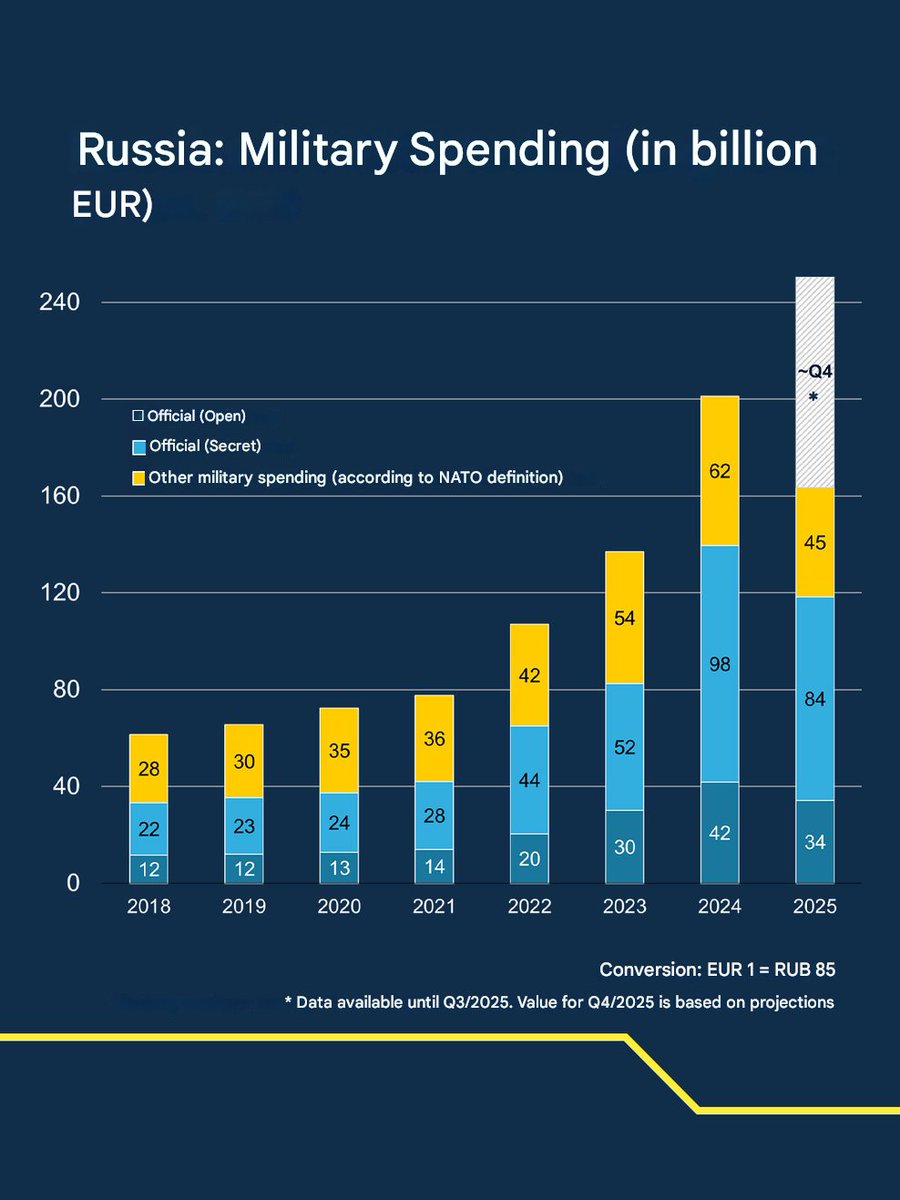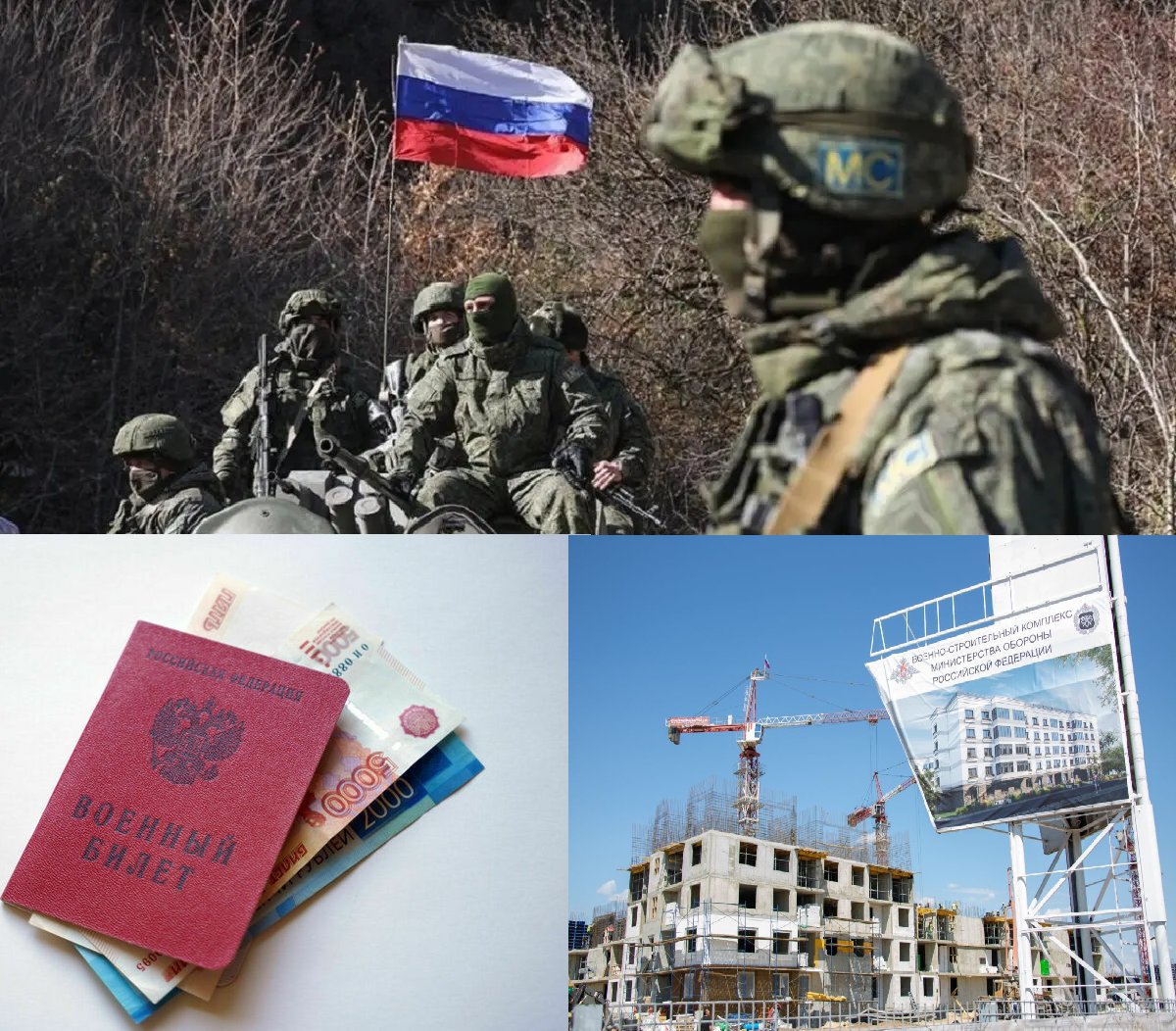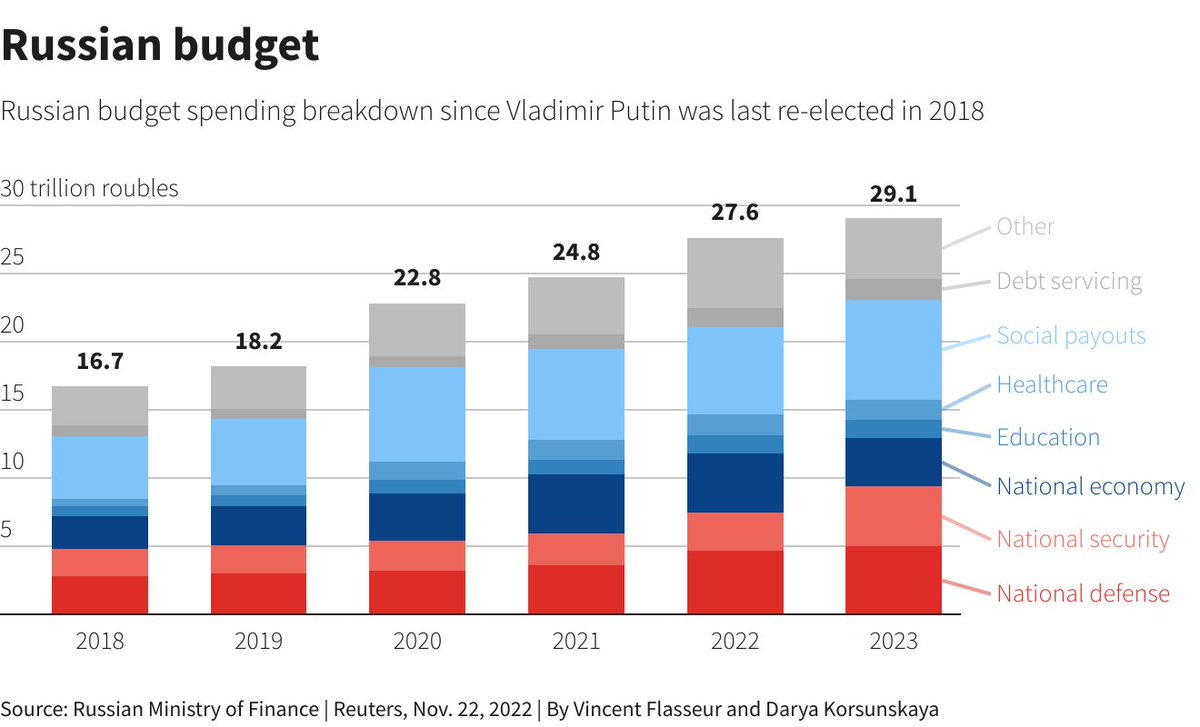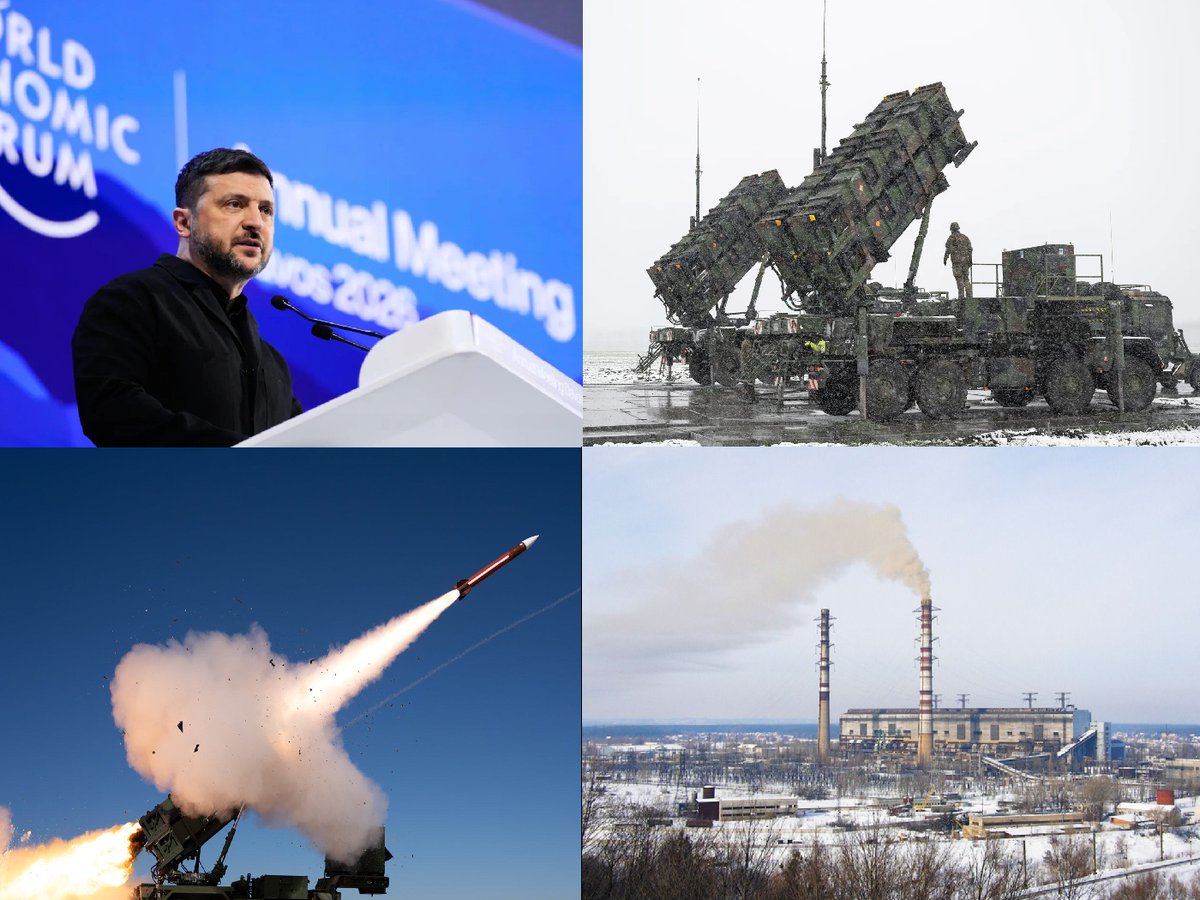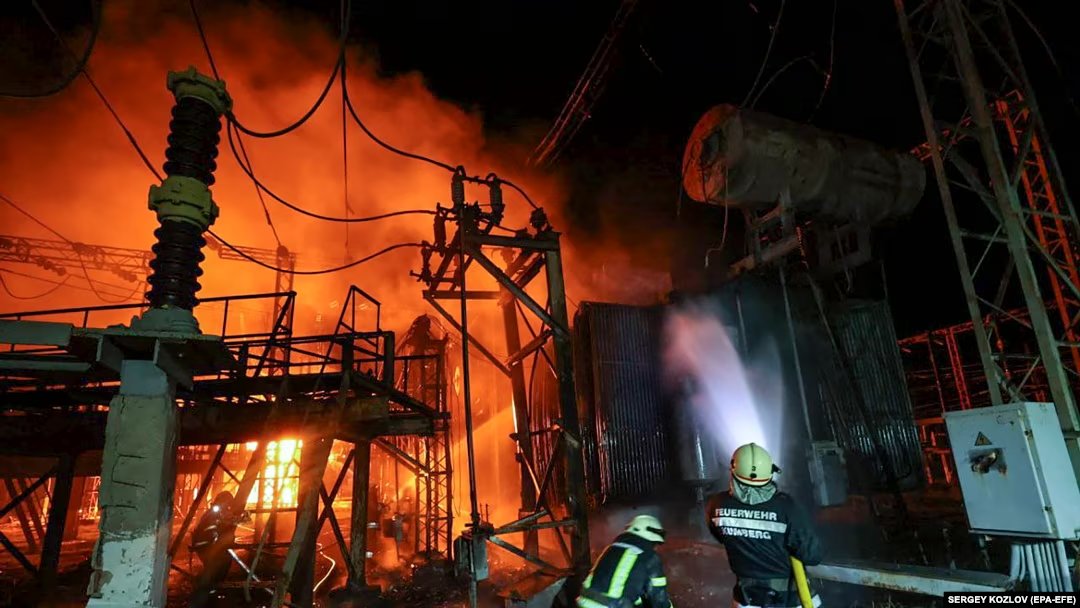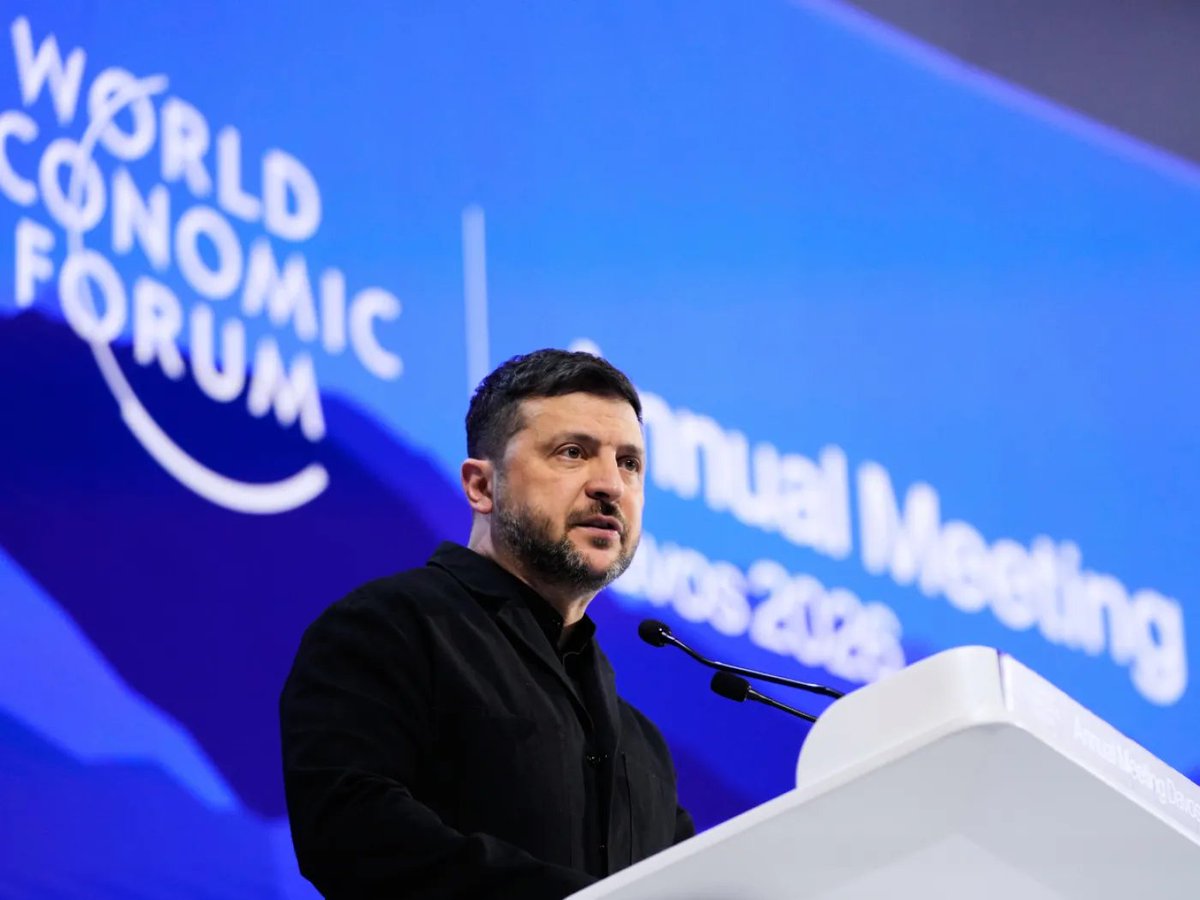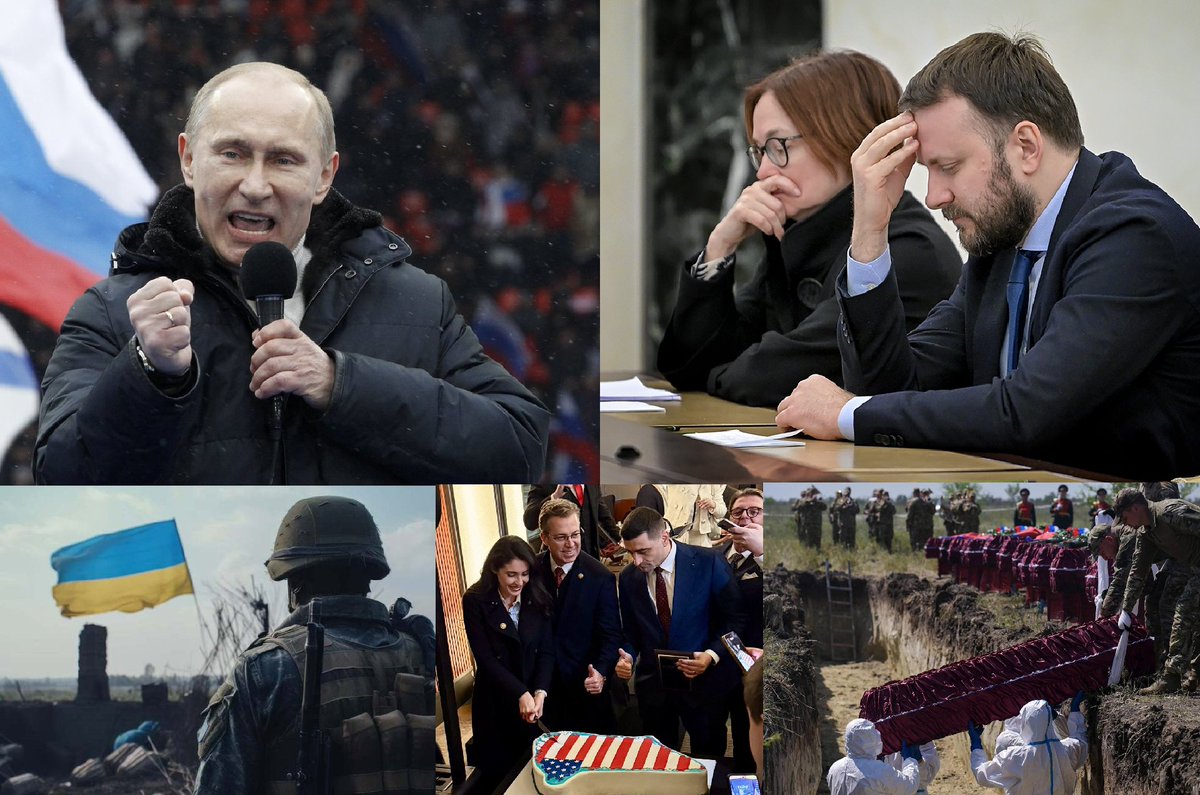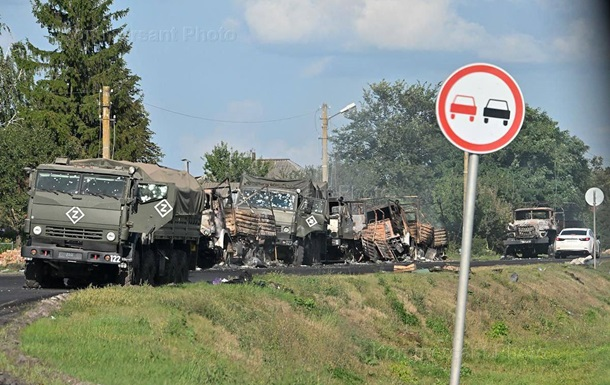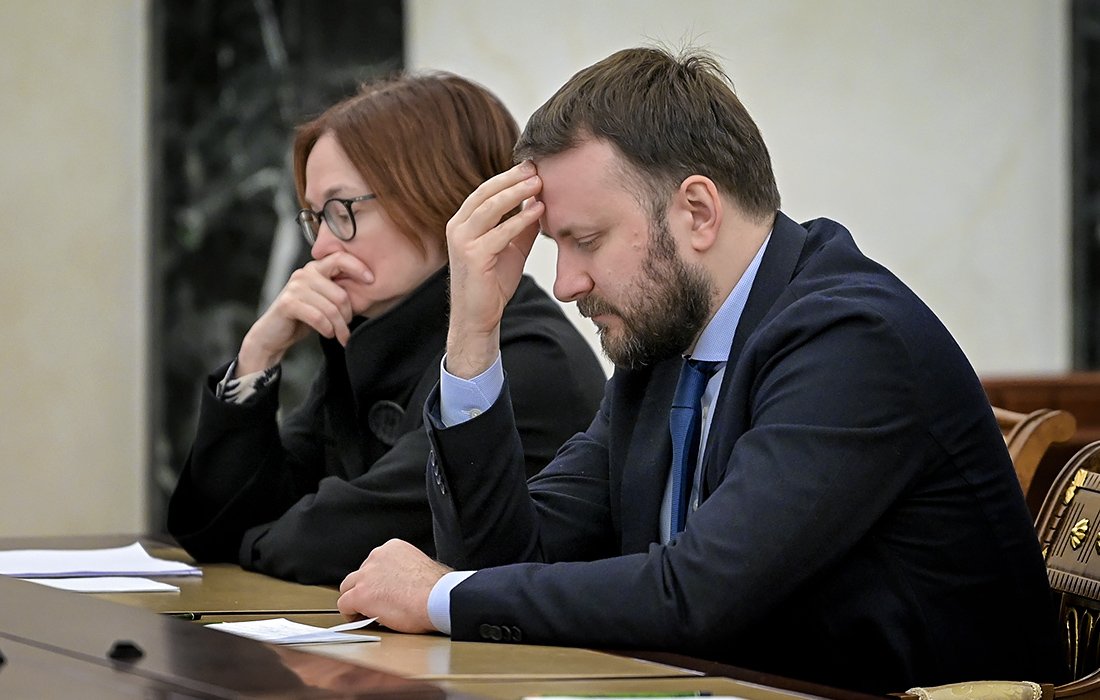Heavy fighting continues in Vovchansk and Chasovy Yar. Meanwhile, Russia continues to suffer from a shortage of manpower, although the meat storm tactics continue. A Russian war correspondent has published a video in which he filmed Russian soldiers "in a basement."
1/10
1/10

A "basement" in the occupied territories is a place of punishment. Before the full-scale invasion, Ukrainian prisoners of war and civilians were held there, tortured to extract false confessions, but now these basements are filled with Russian soldiers who refuse to go back
2/10
2/10

to the front, before being sent to penal battalions. At least 16 such special places are known. The published video shows terrible unsanitary conditions. Almost all the soldiers have untreated wounds. Sending the wounded to meat storms has been known for a long time.
3/10
3/10

The Russian army has a special regiment that they call "crippled." This is the 371st regiment of the Kantemirovskaya division. Most of those who were wounded or were deemed only partially fit are taken there. After 2-3 months in the regiment, they are sent to the assault
4/10
4/10

squads. Those who refuse are sent "to the basement", after which they also end up in the assault squads. So, a man who had his fingers torn off was told to relearn how to shoot with the other hand and sent to the assault. In this regiment and "in the basement" medical care
5/10
5/10

is minimal. People are kept for up to three months, they are documented as fit for service and several people are taken from the division per day to the assault brigades. So people with a shot knee, a shrapnel near the heart, a shot bladder and other serious wounds were
6/10
6/10

sent to the assault. This material is not written to evoke sympathy for these people. These are occupation troops who came to Ukrainian land to kill innocent citizens of this country. This situation simply shows once again that Russia has a huge problem with personnel,
7/10
7/10

and the data that Russia is recruiting 30,000 volunteers monthly is not correct and based on numbers from Russia. One-time payments for signing a contract are also growing. In some regions, authorities are already paying 1.3 million rubles. Since the beginning of the war,
8/10
8/10

payments from regions for signing a contract with the Ministry of Defense have increased 80 times, and increases occur approximately every four days. There are fewer and fewer people willing to go to the front. Those mobilized by Putin's decree have not been rotated for
9/10
9/10

2 years. The Russian side's data on volunteers to the front is not based on reality. The goal is to create the appearance of a huge number of willing people to recruit more new ones. There are also mercenaries from other countries. Often people are recruited through lies.
10/10
10/10

• • •
Missing some Tweet in this thread? You can try to
force a refresh


